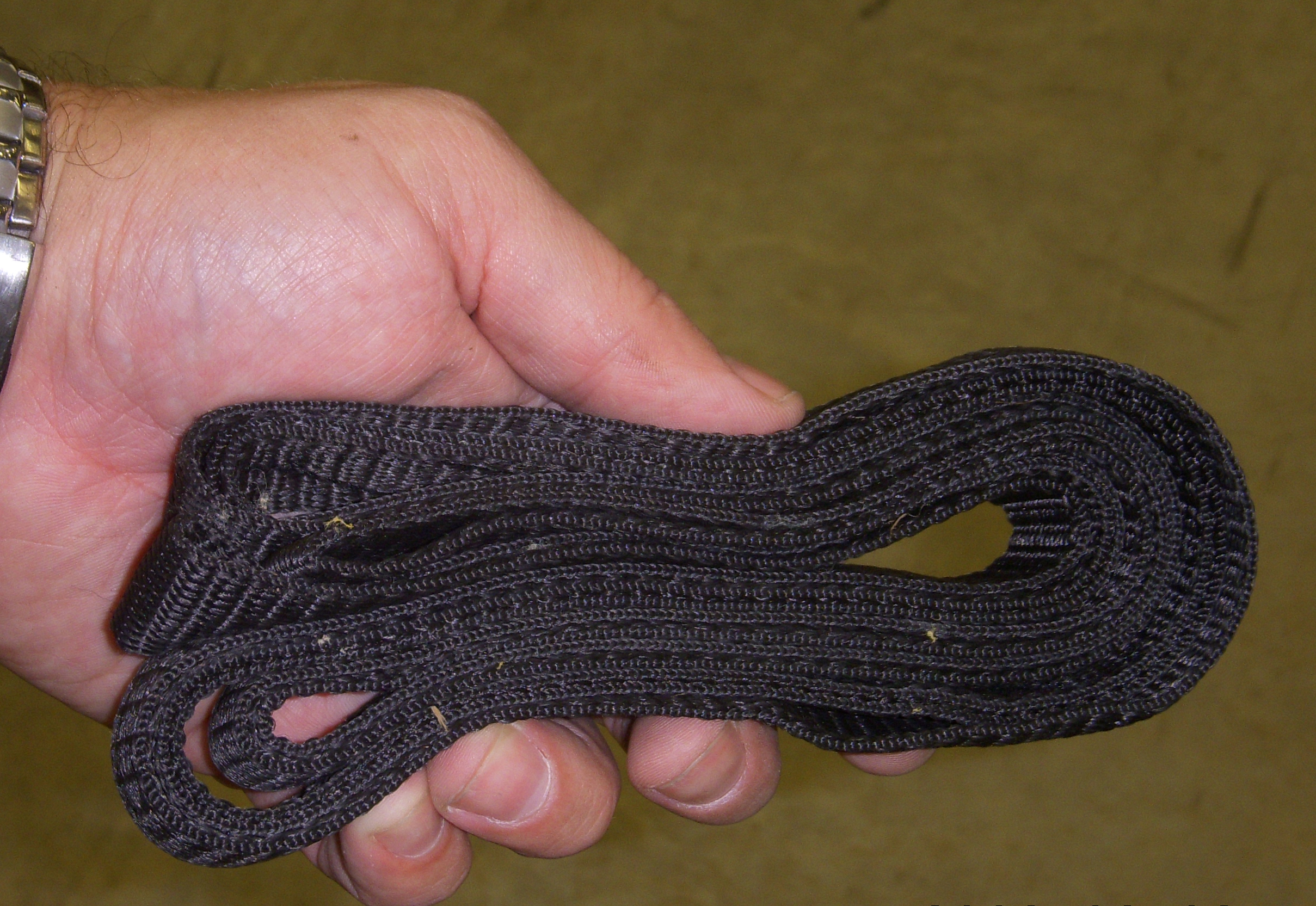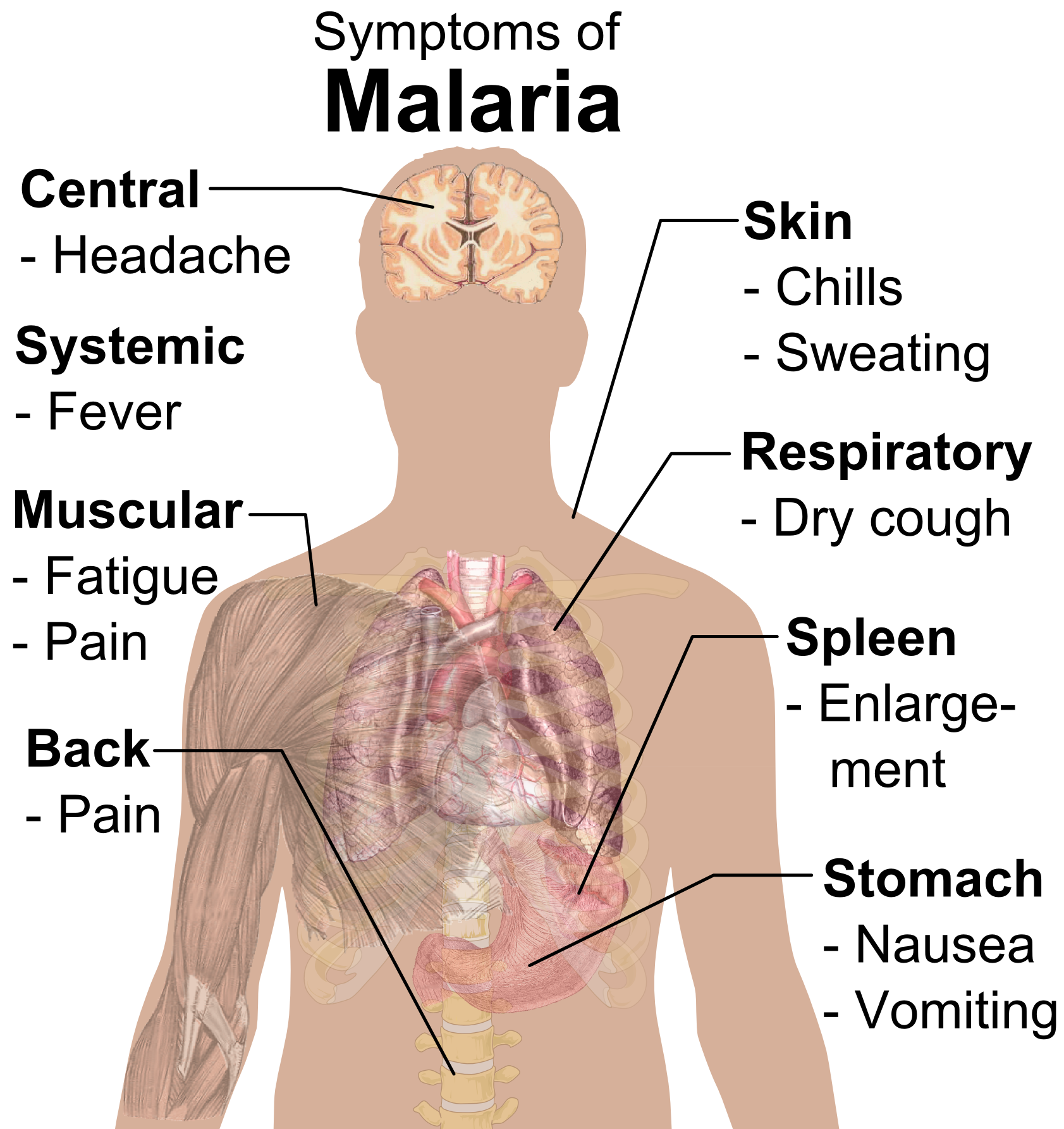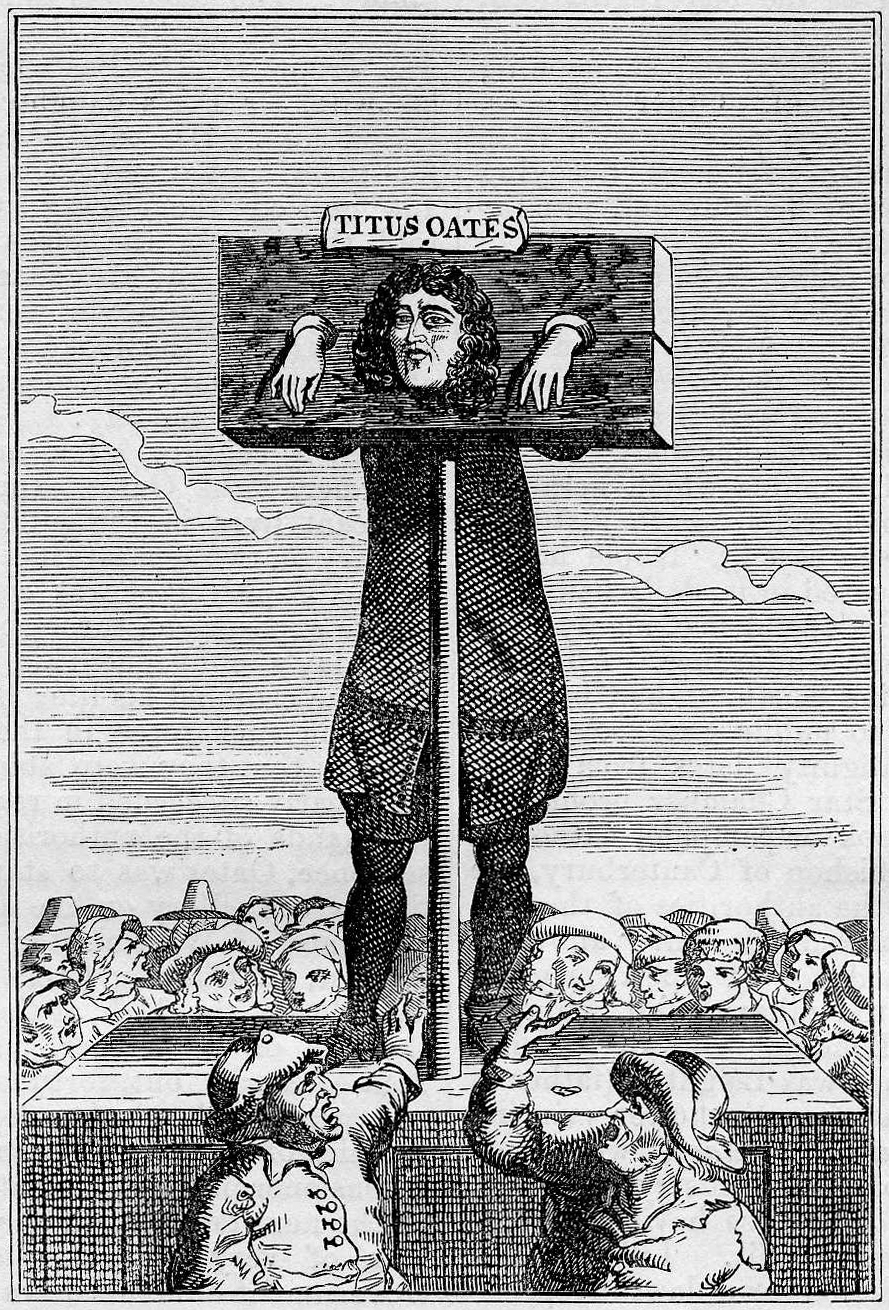|
Strapping (punishment)
Strapping refers to the use of a strap as an implement of corporal punishment. It is typically a broad and heavy strip of leather, often with a hard handle, the more flexible 'blade' being applied to the offender. Probably because of the stiffness, the word "strap" is sometimes used interchangeably with a leather paddle. Other terms that are used interchangeably include whipping, lashing, and belting. The Scottish tawse is a forked version with two or more tails, colloquially known as the belt, and was the standard implement of punishment in state schools until it was banned in 1987. * The historical strap, usually made for institutional use, is also known as a ''prison strap'' when used on adult convicts – either for discipline within the prison system, or as an original judicial corporal punishment, often combined with prison time, imposed by a court but carried out by prison staff. This has been the case notably in the US (mainly the South, e.g. Arkansas at least unt ... [...More Info...] [...Related Items...] OR: [Wikipedia] [Google] [Baidu] |
Strap
A strap, sometimes also called strop, is an elongated flap or ribbon, usually of leather or other flexible materials. Thin straps are used as part of clothing or baggage, or bedding such as a sleeping bag. See for example spaghetti strap, shoulder strap. A strap differs from a belt mainly in that a strap is usually integral to the item of clothing; either can be used in combination with buckles. Straps are also used as fasteners to attach, secure, carry, or bind items, to objects, animals (for example a saddle on a horse) and people (for example a watch on a wrist), or even to tie down people and animals, as on an apparatus for corporal punishment. Occasionally a strap is specified after what it binds or holds, e.g. chin strap. Webbing is a particular type of strap that is a strong fabric woven as a flat strip or tube that is also often used in place of rope. Modern webbing is typically made from exceptionally high-strength material and is used in automobile seat belt ... [...More Info...] [...Related Items...] OR: [Wikipedia] [Google] [Baidu] |
Vagrancy (people)
Vagrancy is the condition of wandering homelessness without regular employment or income. Vagrants usually live in poverty and support themselves by travelling while engaging in begging, scavenging, or petty theft. In Western countries, vagrancy was historically a crime punishable with forced labor, military service, imprisonment, or confinement to dedicated labor houses. Both ''vagrant'' and ''vagabond'' ultimately derive from the Latin word ''vagari'', meaning "to wander". The term ''vagabond'' and its archaic equivalent ' come from Latin ''vagabundus'' ("strolling about"). In Middle English, ''vagabond'' originally denoted a person without a home or employment. Historical views Vagrants have been historically characterised as outsiders in settled, ordered communities: embodiments of otherness, objects of scorn or mistrust, or worthy recipients of help and charity. Some ancient sources show vagrants as passive objects of pity, who deserve generosity and the gift ... [...More Info...] [...Related Items...] OR: [Wikipedia] [Google] [Baidu] |
Caning
Caning is a form of corporal punishment consisting of a number of hits (known as "strokes" or "cuts") with a single Stick-fighting, cane usually made of rattan, generally applied to the offender's bare or clothed buttocks (see spanking) or hands (on the palm). Caning on the knuckles or shoulders is much less common. Caning can also be applied to the soles of the feet (foot whipping or Foot whipping, bastinado). The size and flexibility of the cane and the mode of application, as well as the number of the strokes, may vary. Flagellation as punishment was so common in England that caning, along with spanking and Flagellation, whipping, were called "le vice anglais" or "the English vice". Caning can also be done consensually as part of BDSM. The thin cane generally used for corporal punishment is not to be confused with the walking stick, which is sometimes also called ''cane'' (especially in American English), but is thicker and much more rigid, and usually made of stronger wood ... [...More Info...] [...Related Items...] OR: [Wikipedia] [Google] [Baidu] |
Convict Lease
Convict leasing was a system of forced penal labor in the United States, penal labor that was practiced historically in the Southern United States before it was formally Convict leasing#End of the system, abolished during the 20th century. Under this system, private individuals and corporations could lease labor from the state in the form of prisoners, nearly all of whom were African-American, Black. Prisoners today produce products that have been bought by companies like McDonald's, Walmart and Cargill. The state of Louisiana leased out convicts as early as 1844. The system expanded throughout most of the South with the emancipation of enslaved people at the end of the American Civil War in 1865. The practice peaked about 1880 and persisted in various forms until it was abolished by President Franklin D. Roosevelt via Francis Biddle's "Wikisource:Circular 3591, Circular 3591" of December 12, 1941. The system was highly lucrative for both the lessees and state governments. Fo ... [...More Info...] [...Related Items...] OR: [Wikipedia] [Google] [Baidu] |
Cary Hardee
Cary Augustus Hardee (November 13, 1876 – November 21, 1957) was an American educator, lawyer, legislator, and banker who served as the List of governors of Florida, 23rd governor of Florida. Biography Early life and career Born in Taylor County, Florida, he spent most of his life in Live Oak, Florida. He was a teacher until 1900 when he was admitted to the bar and began practicing law. Additionally, he was a banker, establishing the First National Bank of Live Oak in 1902 and later serving as its president. He also organized the Mayo State Bank and was president of the Branford State Bank. Political career In 1905 he became the state's attorney for the Third Judicial District. He served as a member of the Florida House of Representatives from 1915 to 1919, and was Speaker of the Florida House. Gubernatorial campaign issues Hardee identified his positions on the issues of better and more efficient government, taxation, waterways and roads, agriculture, and veterans' a ... [...More Info...] [...Related Items...] OR: [Wikipedia] [Google] [Baidu] |
Marjory Stoneman Douglas
Marjory Stoneman Douglas (April 7, 1890 – May 14, 1998) was an American journalist, author, women's suffrage advocate, and conservationist known for her staunch defense of the Everglades against efforts to drain it and reclaim land for development. Moving to Miami as a young woman to work for ''The Miami Herald'', she became a freelance writer, producing over one hundred short stories that were published in popular magazines. Her most influential work was the book '' The Everglades: River of Grass'' (1947), which redefined the popular conception of the Everglades as a treasured river instead of a worthless swamp. Its impact has been compared to that of Rachel Carson's influential book ''Silent Spring'' (1962). Her books, stories, and journalism career brought her influence in Miami, enabling her to advance her causes. As a young woman, Douglas was outspoken and politically conscious of the women's suffrage and civil rights movements. She was called upon to take a central ... [...More Info...] [...Related Items...] OR: [Wikipedia] [Google] [Baidu] |
Pulitzer Prize For Public Service
The Pulitzer Prize for Public Service is one of the fourteen American Pulitzer Prizes annually awarded for journalism. It recognizes a distinguished example of meritorious public service by a newspaper or news site through the use of its journalistic resources, which may include editorials, cartoons, photographs, graphics, video and other online material, and may be presented in print or online or both. The Public Service prize was one of the original Pulitzers, established in 1917, but no award was given that year."1917 Winners" The Pulitzer Prizes. Retrieved 2013-12-26. It is the only prize in the program that awards a gold medal and is the most prestigious one for a newspaper to win. As with other Pulitzer Prizes, a committee of jurors narrows the field to three nominees, from which the Pulitzer Board generally picks a winner and finalists. ... [...More Info...] [...Related Items...] OR: [Wikipedia] [Google] [Baidu] |
Malaria
Malaria is a Mosquito-borne disease, mosquito-borne infectious disease that affects vertebrates and ''Anopheles'' mosquitoes. Human malaria causes Signs and symptoms, symptoms that typically include fever, Fatigue (medical), fatigue, vomiting, and headaches. In severe cases, it can cause jaundice, Epileptic seizure, seizures, coma, or death. Symptoms usually begin 10 to 15 days after being bitten by an infected ''Anopheles'' mosquito. If not properly treated, people may have recurrences of the disease months later. In those who have recently survived an infection, reinfection usually causes milder symptoms. This partial Immunity (medical), resistance disappears over months to years if the person has no continuing exposure to malaria. The mosquitoes themselves are harmed by malaria, causing reduced lifespans in those infected by it. Malaria is caused by protozoa, single-celled microorganisms of the genus ''Plasmodium''. It is spread exclusively through bites of infected female ... [...More Info...] [...Related Items...] OR: [Wikipedia] [Google] [Baidu] |
Leon County, Florida
Leon County () is a County (United States), county in the Florida Panhandle, Panhandle of the U.S. state of Florida. It was named after the Spanish explorer Juan Ponce de León. As of the 2020 United States census, 2020 census, the population was 292,198. The county seat is Tallahassee, Florida, Tallahassee, which is also the List of capitals in the United States, state capital and home to many politicians, lobbyists, jurists, and attorneys. Leon County is included in the Tallahassee metropolitan area, Tallahassee, Florida Metropolitan Statistical Area. Tallahassee is home to two of Florida's major public universities, Florida State University and Florida A&M University, as well as Tallahassee State College. Together these institutions have a combined enrollment of more than 70,000 students. It was an area of cotton cultivation. About 30 percent of Leon County is African American. The area includes Red Hills Region, red rolling hills. History Originally part of Escambia County, ... [...More Info...] [...Related Items...] OR: [Wikipedia] [Google] [Baidu] |
Corporal Punishment
A corporal punishment or a physical punishment is a punishment which is intended to cause physical pain to a person. When it is inflicted on Minor (law), minors, especially in home and school settings, its methods may include spanking or Paddle (spanking), paddling. When it is inflicted on adults, it may be inflicted on prisoners and slaves, and can involve methods such as whipping with a Belt (clothing), belt or a whip, horsewhip. Physical punishments for crimes or injuries, including floggings, Human branding, brandings and even mutilations, were practised in most civilizations since ancient times. They have increasingly been viewed as inhumane since the development of humanitarianism ideals after the Age of Enlightenment, Enlightenment, especially in the Western world. By the late 20th century, corporal punishment was eliminated from the legal systems of most developed countries. The legality of corporal punishment in various settings differs by jurisdiction. International ... [...More Info...] [...Related Items...] OR: [Wikipedia] [Google] [Baidu] |
Whipping Post
The pillory is a device made of a wooden or metal framework erected on a post, with holes for securing the head and hands, used during the medieval and renaissance periods for punishment by public humiliation and often further physical abuse. The pillory is related to the stocks. Etymology The word is documented in English since 1274 (attested in Anglo-Latin from ), and stems from Old French (1168; French language">modern French , see below), itself from medieval Latin , of uncertain origin, perhaps a diminutive of Latin 'pillar, stone barrier'. Description Rather like the lesser punishment called the stocks, the pillory consisted of hinged wooden boards forming holes through which the head or various limbs were inserted; then the boards were locked together to secure the captive. Pillories were set up to hold people in marketplaces, crossroads, and other public places. They were often placed on platforms to increase public visibility of the person; often a placard deta ... [...More Info...] [...Related Items...] OR: [Wikipedia] [Google] [Baidu] |







